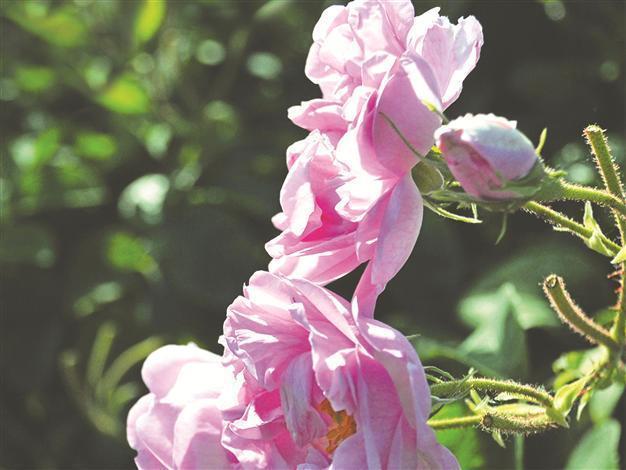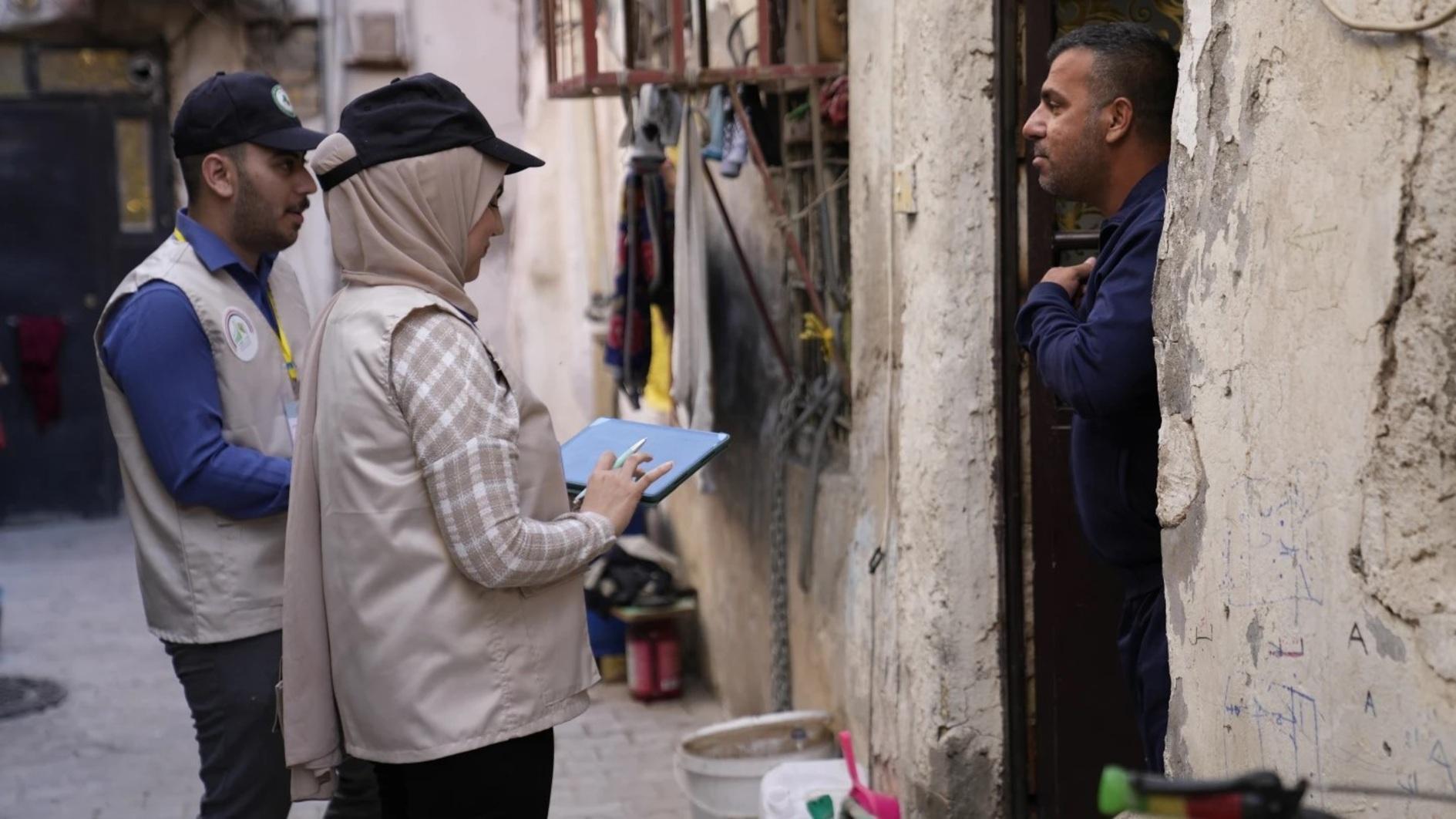Perfume giants have their eyes on Isparta, the center of roses,
ISPARTA - Anatolia News Agency

Perfume giants have set their sights on the southern Isparta. International Flavors and Fragrances, the association that develops such perfume brands is currently conducting work to improve the quality of Isparta’s rose oil. AA photo
International Flavors and Fragrances (IFF), which is a major flavors and fragrances producer in the U.S., is currently conducting work to improve the quality of the rose oil in the southern province of Isparta, recognized as the center of rose production in Turkey. The IFF produces such perfume brands as Calvin Klein, Estee Lauder, Givenchy and Giorgio Armani.IFF Product Manager Christophe Sireyjol spoke to Anatolia news agency and confirmed that they had been conducting research in Isparta to examine the quality of the local roses and to consider their potential productivity.
Sireyjol announced that researchers had been taking earth samples, and that the oil quality of the roses and all other details were being investigated. These investigations have sometimes yielded surprising results. “We have made research developments in 16 villages in Isparta to improve the flower quality, and we have spent 1 million Turkish Liras,” Sireyjol said. “Productivity differences exist in different villages, and rose agriculture should be transformed from a household system into an industrial one. We therefore initiated a contractual farmer system, without which we would not have any chance to get higher quality roses and compete with other companies.”
Meteorology stations have been established in three villages, Sireyjol said, adding that IFF aimed to produce roses in large fields. “We have introduced this project in order to be more powerful, qualified, and competitive,” he said.
Referring to IFF’s work in Isparta, the local company Erçetin Rose Oil announced that while it used to produce one kilogram of rose oil a day, it now produced 200,000 tons of rose oil in its larger facilities.
Specific odor for city
“We made an agreement with IFF in the United States in 2008. We have given a new direction to our work with these research and development projects. This American company has made great contributions because they have wider laboratories and more qualified personnel,” Erçetin said.
It also said that Erçetin had seen big changes in the rose business, and that these changes matched their research. “Our target is to remind visitors to Isparta of a specific odor. … We are going to make Isparta famous in the export market,” Erçetin said, adding that they were set to make an agreement with a French perfume company to this end.
Rosewater is the second most important product in Isparta after rose oil, but it does not receive the attention it deserves, Erçetin’s announcement said. Producing or selling synthetic rosewater is a big mistake, as there is an abundance of natural rosewater in Isparta, it said. “If producers in Isparta make such a mistake, they hinder their own credibility. To avoid such a mistake, production areas should be kept under control. Only with inspections will Isparta’s rosewater find its real place and contribute to the city’s economy. In Europe and the United States, a 200-milliliter bottle of rosewater is sold for 40 dollars, while it only costs 3 to 5 liras in our country. This means an important product is undervalued,” Erçetin said.
















